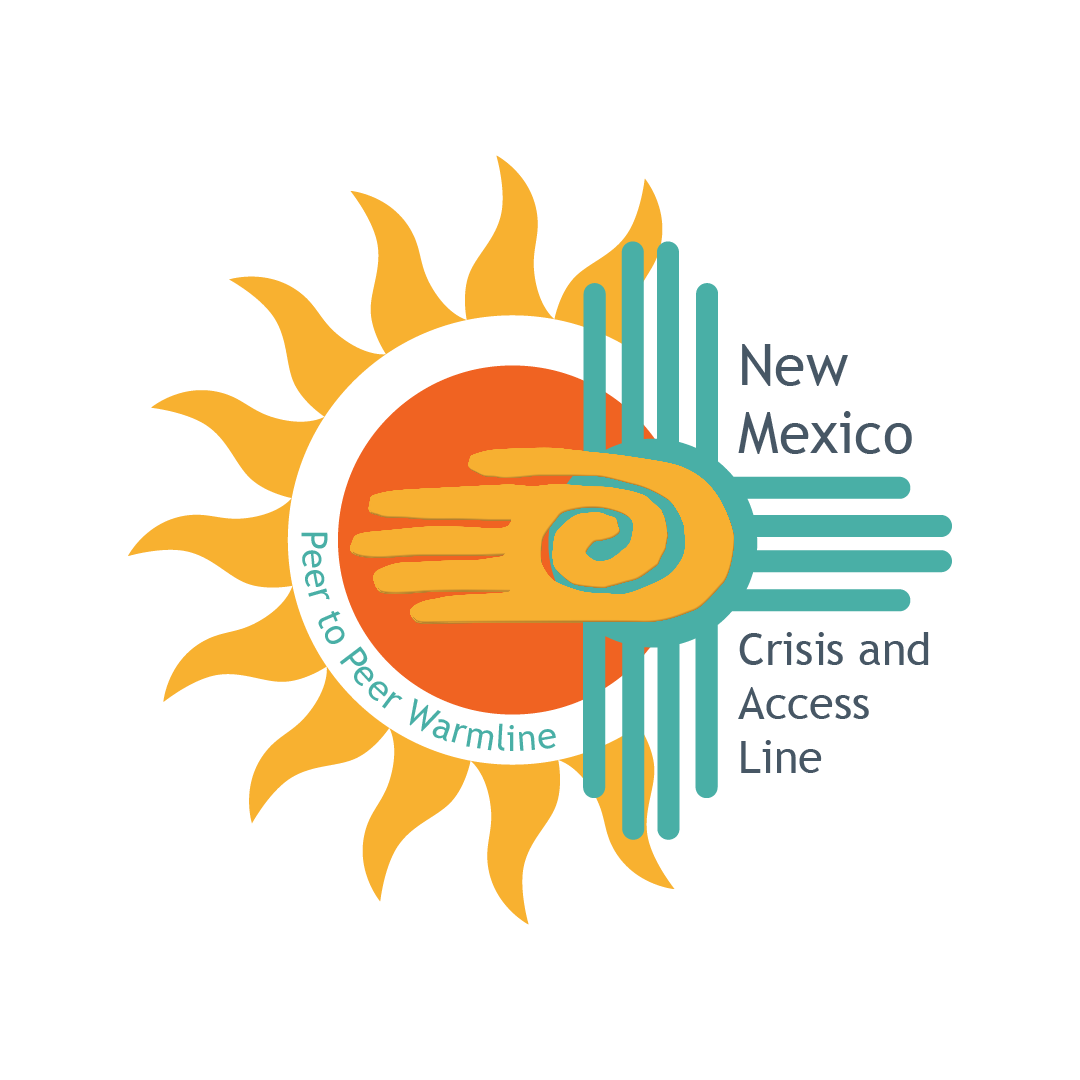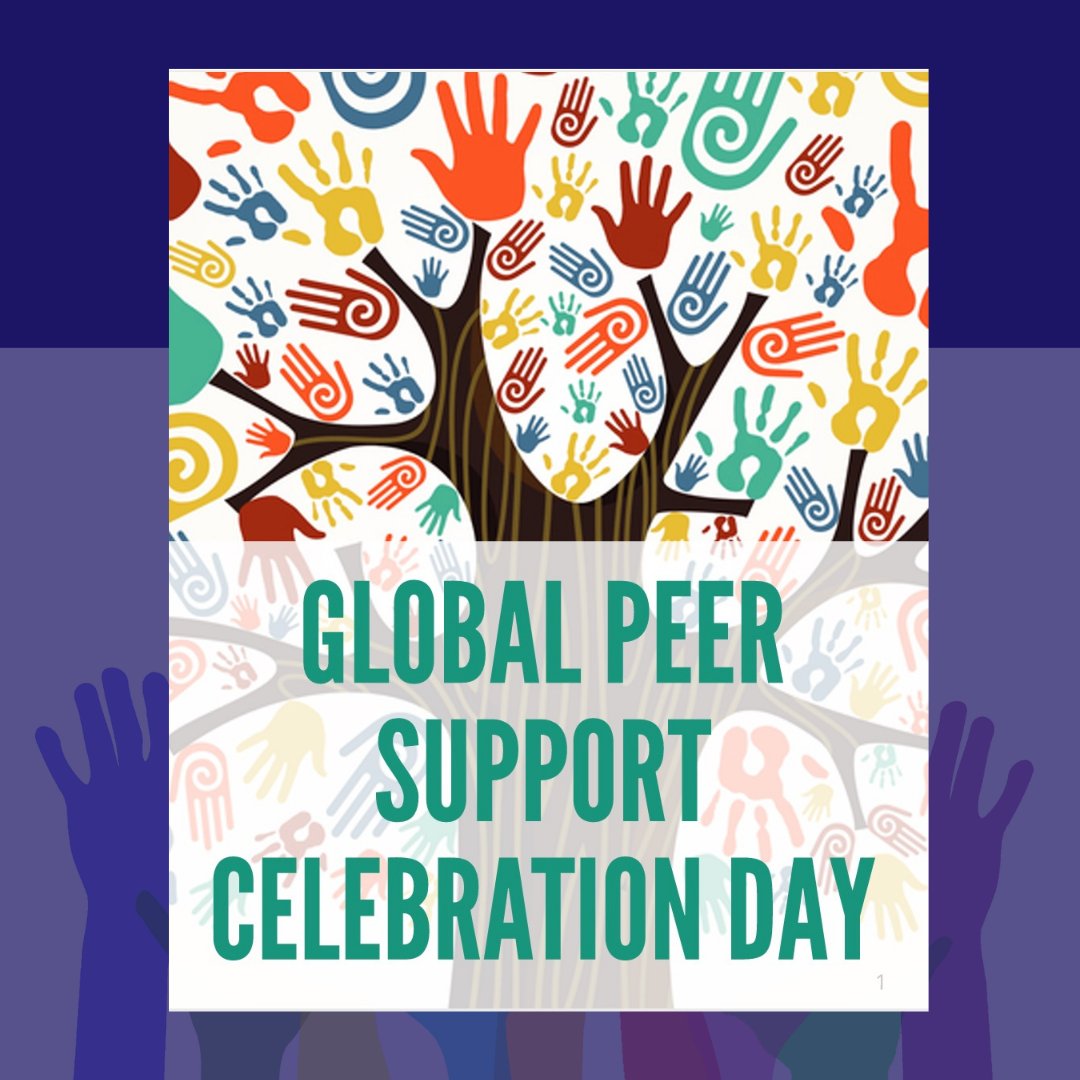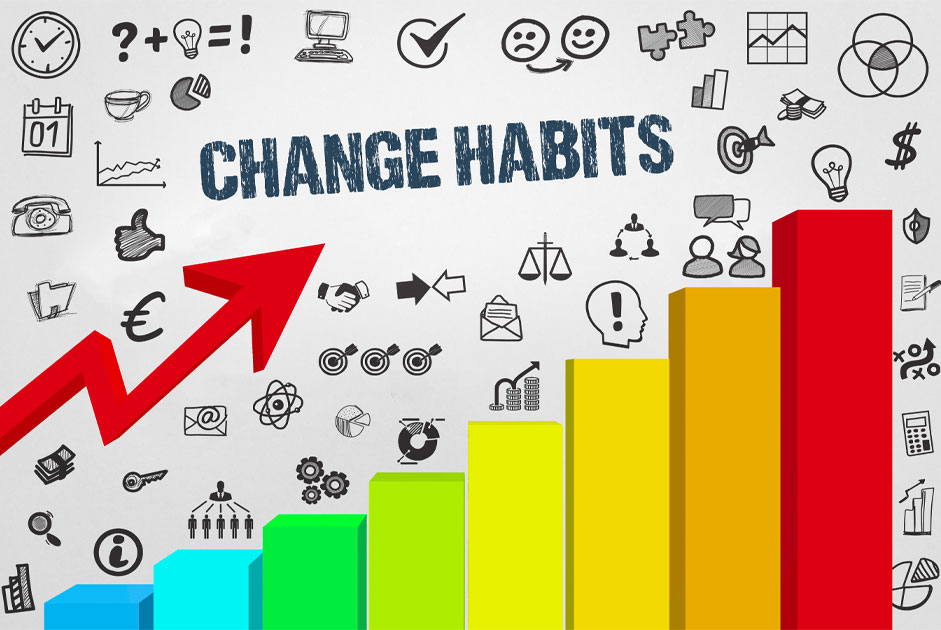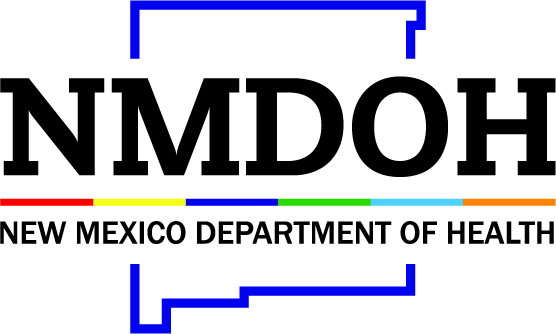The old adage “you can’t understand someone until you walk a mile in their shoes” seems tailor-made for October 21, which is Global Peer Support Celebration Day (GPSCD).
Peer supporter is a term for many different peer titles and roles. Peer supporters are those that have lived experience with mental health, substance use, and/or trauma-related challenges who are helping others by sharing their first-hand knowledge and wisdom they have gleaned from their own recovery journeys. Peer supporters work in a variety of mental health, substance use, and primary care treatment facilities, which include but are not limited to non-profit organizations, faith communities, self-help groups or programs, inpatient and outpatient clinics, hospitals, crisis centers, peer run organizations, emergency rooms, nursing homes, residential treatment facilities, government-sponsored agencies such as the Veteran’s Administration (VA), in correctional facilities, and on crisis lines and warmlines.
Peer supporters impact the lives of countless seniors, adults, children, adolescents, and families, and their examples of recovery are a beacon of hope for those they serve. They understand what it is like to successfully move through a recovery journey and embrace all the possibilities their future has in store, they can help others struggling in their own personal journeys. In general, peer supporters who provide peer support experience a sense of well-being and improved quality of life.
Peer support relationships help to build trust among individuals who feel alone or do not know if or how to access mental health and or substance use services and supports. Peer support can take many forms depending on the setting or organization – phone calls, text messaging, group meetings, home visits, going for walks together and even grocery shopping. It complements and enhances other mental health and substance use treatment services by creating the emotional and social support and practical assistance necessary for persons with mental health, substance use, and or trauma-related challenges manage their illness and stay healthy. Research shows that peer supporters have a transformative effect on the peers they serve.
According to Mental Health America and Peers for Progress, peer support is a “critical and effective strategy” for ongoing physical, mental, and substance use health care, and a proven approach for sustained behavior change for persons with these challenges.
Overall, research studies have found that peer support:
- Improves quality of life
- Improves engagement and satisfaction with services and supports
- Improves self-efficacy
- Improves self-reported mental and physical health status, self-care skills, and use of medications
- Improves whole health, including chronic conditions like diabetes
- Decreases the number of emergency room visits, number of hospitalizations, and the number of inpatient hospital days
- Reduces the overall cost of mental health and substance use treatment services
- Reduces mental health symptoms
- Increases knowledge and management of mental health, substance use, and trauma-related challenges as well as contributes to the successful management of chronic physical illness.
If you or someone you know is interested in serving in a more formalized peer support service/role, you can learn more about the certification process online at the Office of Peer Recovery and Engagement.
Need to talk to a professional certified peer support worker with lived experience? Call the New Mexico Peer-to-Peer Warmline at 1-855-466-7100.










